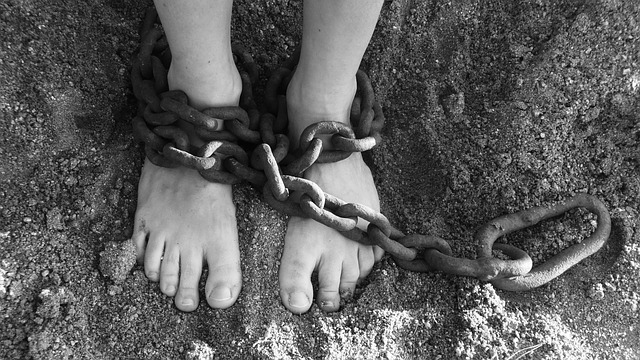Philippine President Rodrigo Duterte believes spanking children has “beneficial results” for society.
At least that’s what he said when he vetoed a proposed law that bans corporal punishment inflicted on children. Duterte vetoed the bill, called “An Act Promoting Positive and Nonviolent Discipline, Protecting Children from Physical, Humiliating, or Degrading Acts as a Form of Punishment,” on Saturday but his decision was announced to the media just today.
The bill is a consolidated version of Senate Bill No. 1477 and House Bill No. 8239, reported Rappler. The bill sought to protect children from corporal punishment and promote positive and non-violent forms of discipline among parents, guardians, and caregivers.
Duterte, however, thought that the bill made an overly sweeping condemnation of corporal punishment.
In his veto notes secured by GMA News, he wrote: “I am of the firm conviction that responsible parents can and have administered corporal punishment in a self-restrained manner, such that the children remember it not as an act of hate or abuse, but a loving act of discipline that desires only to uphold their welfare.”
He also wrote that corporal punishment has benefits to society.
“Such manner of undertaking corporal punishment has given rise to beneficial results for society, with countless children having been raised up to become law-abiding citizens with a healthy respect for authority structures in the wider community,” he said.
The president is not the only one who believes that corporal punishment is good for children. When the Senate version passed the third reading, numerous netizens slammed it with one saying that it would make children disrespectful to adults.
Duterte wrote that he is aware that Western countries have banned corporal punishment but he said the Philippines should resist this.
“The cultural trends of other countries are not necessarily healthy for our own nation,” he said.
Senator Risa Hontiveros, the principal author of the Senate version of the bill, has said that corporal punishment strains parent and child relationships, reported ABS-CBN News.
Numerous studies conducted by academics and child psychologists have shown that corporal punishment does more harm than good, however, a Pulse Asia survey in 2011 showed that 2 out of 3 Filipino parents punish their child physically.
That’s why it wasn’t surprising that in a 2016 UNICEF survey, it found that 3 out of 5 Filipinos have experienced violence in their childhood, with an overwhelming majority experiencing them in their own homes.




